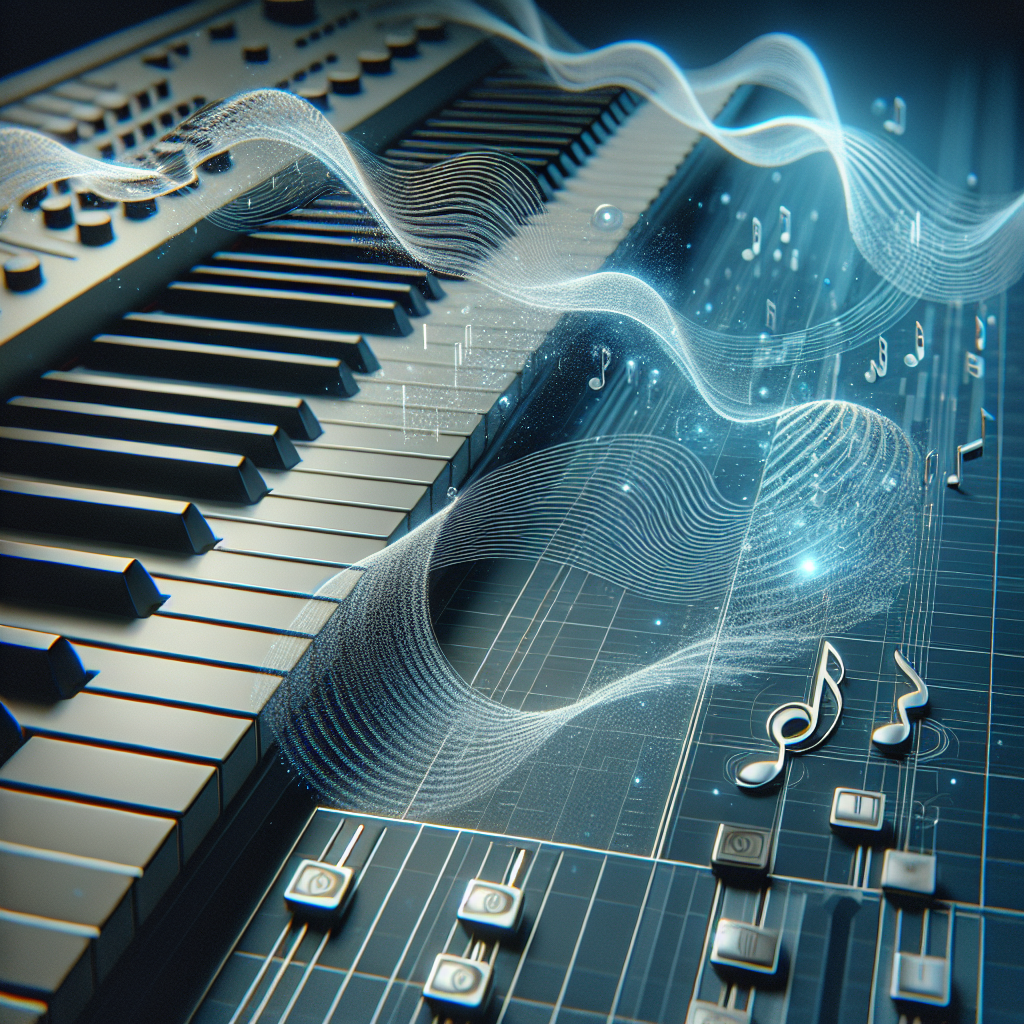A Virtuoso Meets Artificial Intelligence
Jordan Rudess, Dream Theater’s acclaimed keyboardist and Juilliard-trained musician, has embarked on a groundbreaking collaboration with MIT’s Center for Art, Science and Technology (CAST). This innovative project combines human virtuosity with artificial intelligence to create an unprecedented musical experience.
The Technical Innovation Behind the Scenes
The project utilizes a sophisticated music transformer, an open-source neural network architecture, that works similarly to large language models. The AI model was fine-tuned using Rudess’ own performances, enabling real-time musical interaction and improvisation.
- Real-time response capabilities for live performances
- Multiple modality controls for different musical elements
- Preview screen for AI’s musical decisions
- Kill switch functionality for complete human control
Visual Innovation and Interactive Design
The project features a unique sculptural installation with illuminated petal-shaped panels that respond to the AI’s musical output. This visual element creates an immersive experience, helping audiences distinguish between human and AI contributions during performances.
Future Applications and Impact
The technology opens up exciting possibilities for both education and entertainment:
- AI plugins for incorporating famous musicians’ styles
- Educational applications for music training
- Enhanced live performance capabilities
- New frontiers in human-AI musical collaboration
The Vision Forward
This collaboration represents a significant step forward in music technology, demonstrating how AI can enhance rather than replace human creativity. It showcases the potential for technology to create new musical possibilities while maintaining the essential human element in performance.
Visit MIT News for more detailed information about this groundbreaking project

